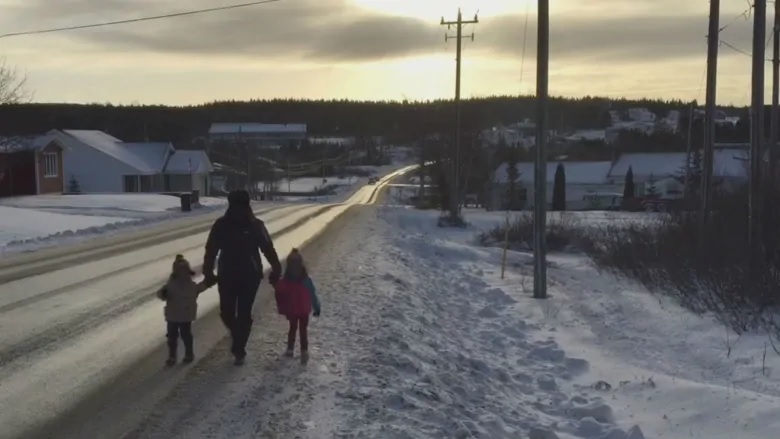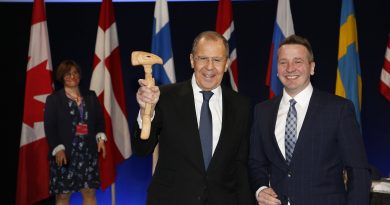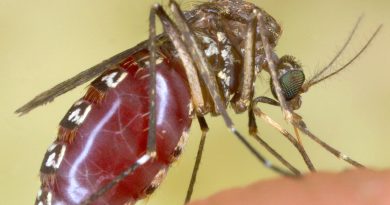Pilot project in Nunatsiavut, Atlantic Canada aims to keep Inuit foster children in the region

The Nunatsiavut government, the regional government which represents the Inuit of northern Labrador in Atlantic Canada, is testing a pilot project to recruit foster parents in Labrador and offer support to existing caregivers for the region’s Inuit children.
The project aims to correct a problem outlined in a recent report from the provincial child and youth advocate that said Inuit children in need of foster care are being sent to families who live outside of Labrador.
“We want to get our children and youth back home,” said social worker Krista Mogridge, who is heading up the Caring For Our Children project.
“Inuit children and youth who require placements outside of their immediate family right now, according to the numbers, are often placed outside of their community. This loss of connection to their Inuit family, community, and culture … it does have a negative effect on their long-term well-being.”
Mogridge says children in foster care outside their Nunatsiavut communities are losing familial and cultural connections.
“They’re losing their language, their connections with their family members, their friends,” she said.
“When they’re old enough they are going back to their home communities, and to not have those relationships … that could lead to other outcomes that we know are not in the best interest.”
The pilot project is set to continue for one year.
Mogridge hopes that’s enough time to prove it to be an effective way of getting Nunatsiavut’s foster children back home so they can continue building connections with their family and community.
If the pilot is not extended, Mogridge hopes at the very least the project can get more people in the region interested in becoming foster parents, and put better supports in place for people who are already working with the system.
“We come from a history, and it’s happening now, where people help each other,” she said.
Mogridge will be travelling to the region to hold open sessions with interested foster parents, and will then begin helping them through the application process.
Related stories from around the North:
Canada: Ottawa tells court First Nation child welfare compensation order could cost $8 billion, CBC News
Finland: Number of reported domestic violence cases rises in Finland, Yle News
United States: U.S. Justice Department to send millions to rural Alaska law enforcement, Alaska Public Media



